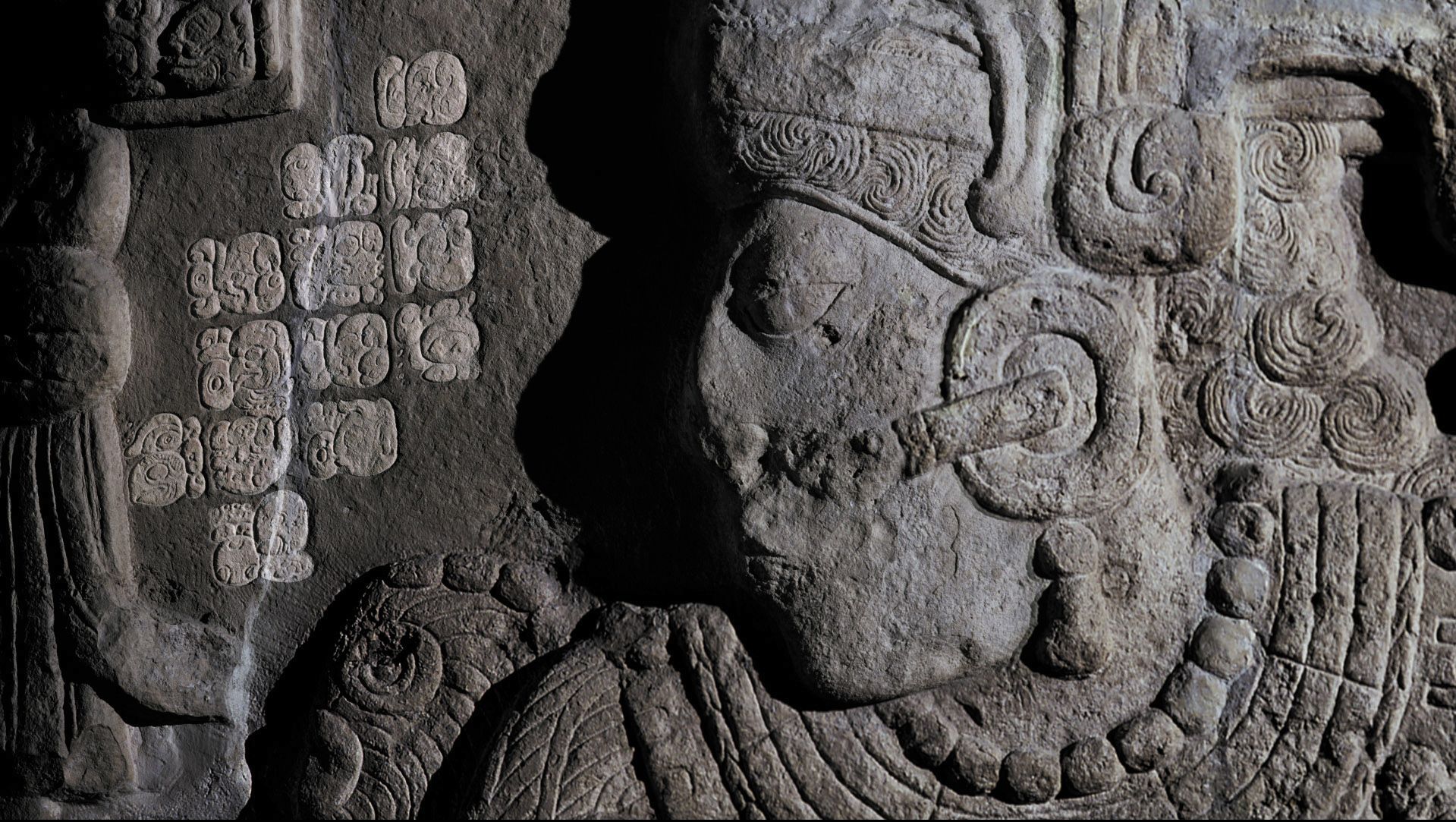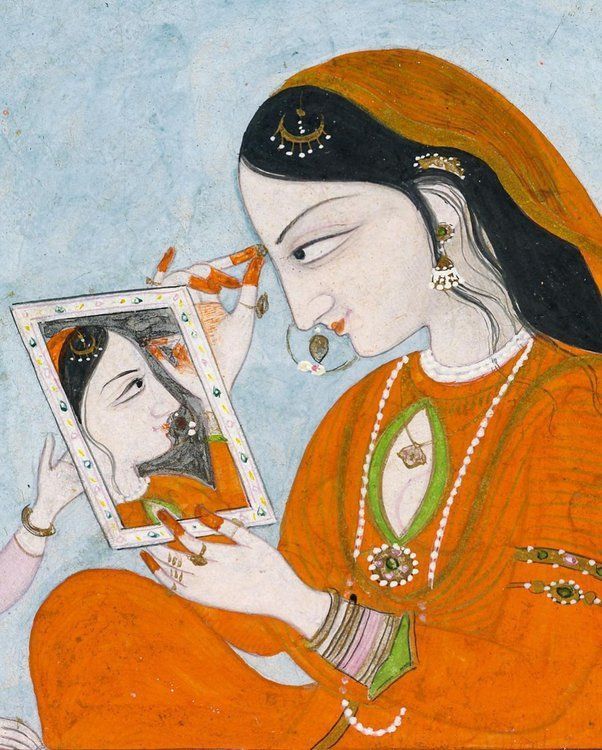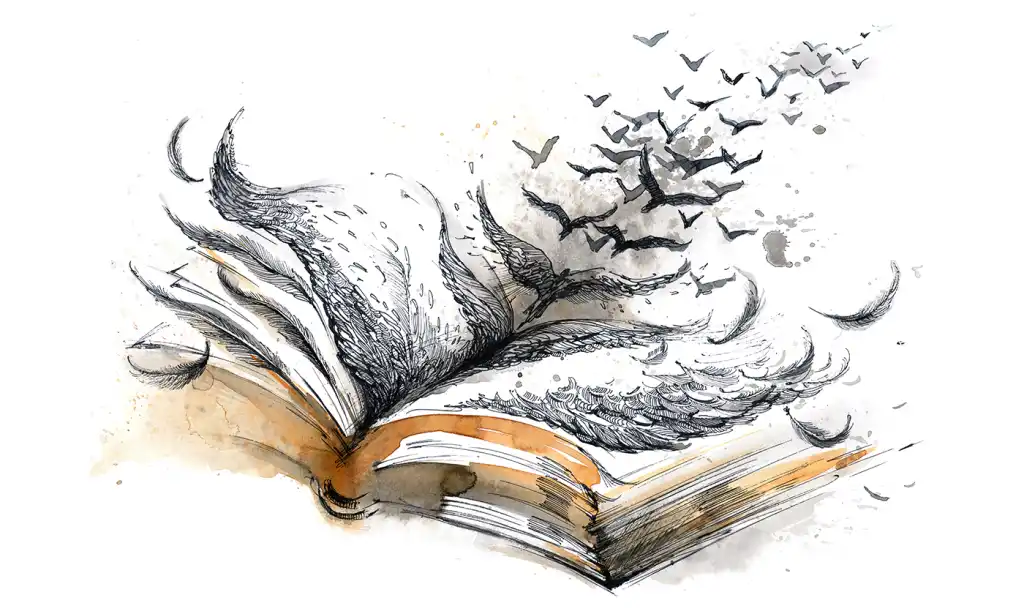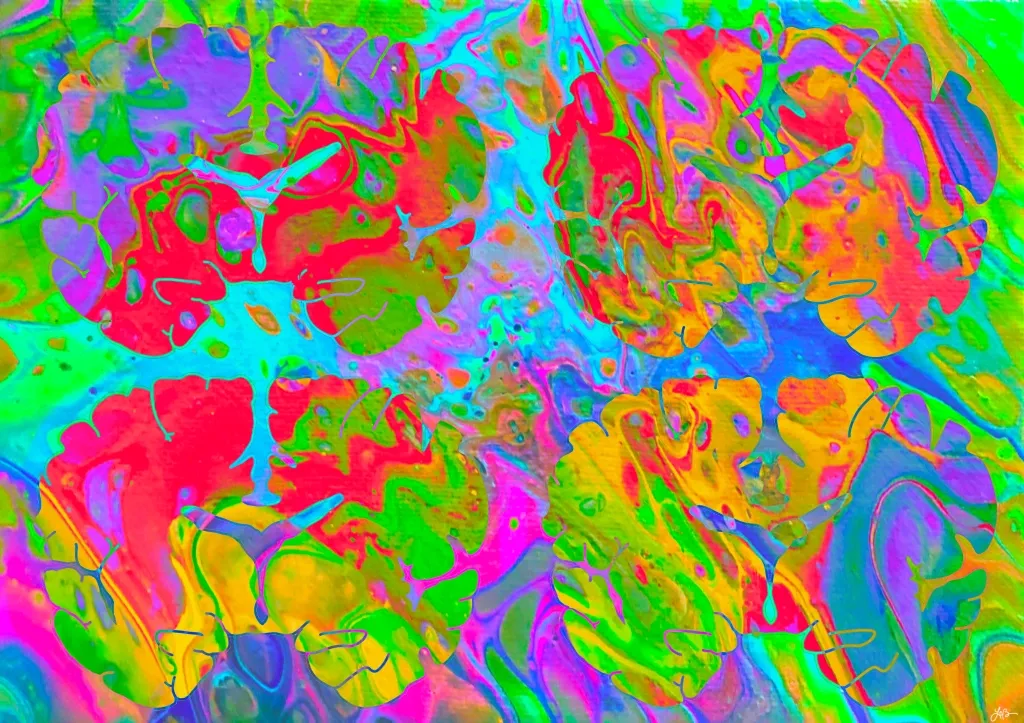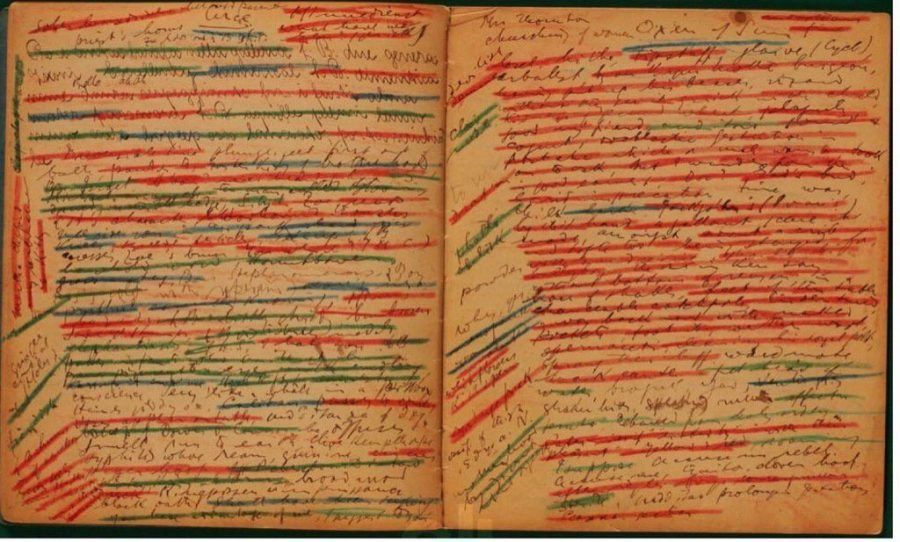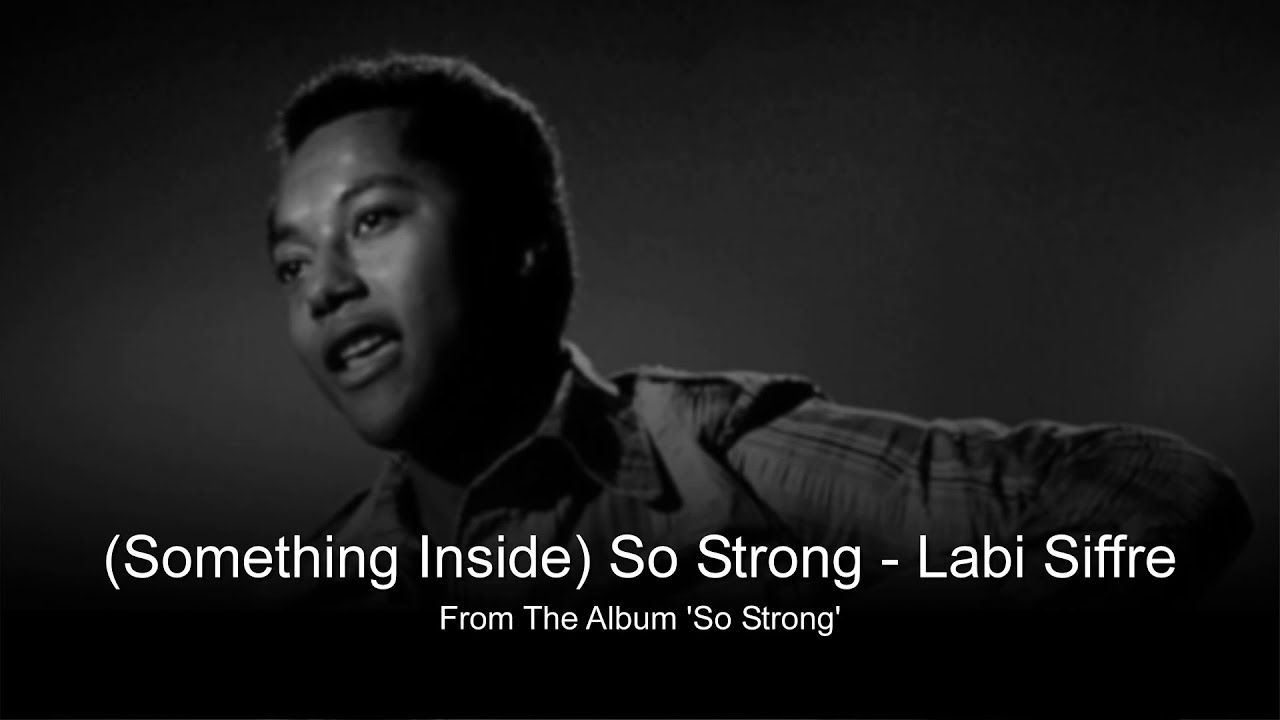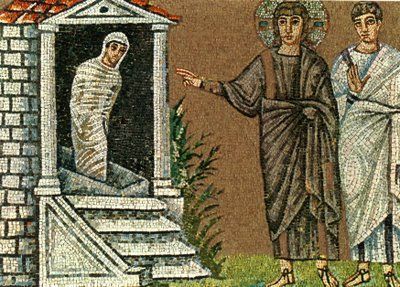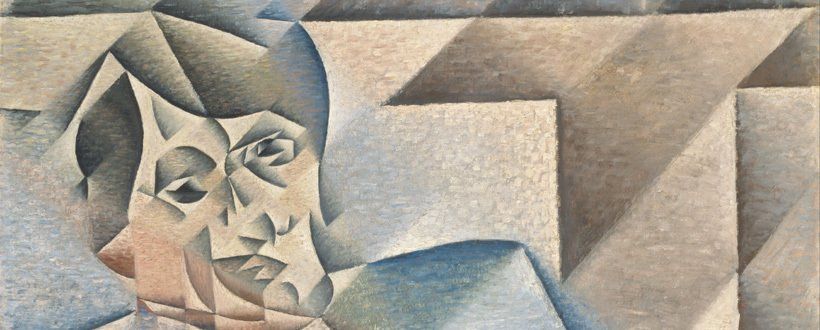ToK Prescribed Essays November 2020 Titles 3 & 5 Part 1
ToKTutor • 2 May 2020
‘Novum Organum’ vs ‘Spiritual Diaries’: The Light and Dark Twins
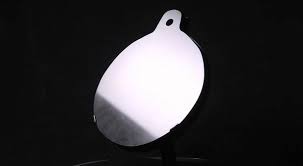
The Elizabethan Age in England was as full of tensions as any other historical period in any other country. With new renaissance ideas taking root, such as ‘humanism’, which promoted the centrality of the human mind in the universe, there emerged a kind of dissonance between what we already knew and what we did not know. What we already knew was based on the power of religious knowledge to shape all aspects of life. What we did not know and were about to was the power of scientific knowledge to give humans more independence and control over their lives.
In this turmoil of transition from the ‘old’ to a newer ‘modern’ world, emerged two English contemporaries of Shakespeare: John Dee and Francis Bacon. While both men were obsessed about how to discover new knowledge, the questions they asked in acquiring this knowledge came from very different places.
Bacon is considered to be the father of modern science, whose ‘Novum Organum’
sets out the principles of thinking which have evolved into the scientific method as we know it today. He proposed a repetitive process of observation and evidence gathering, aimed at testing our hypotheses about how the natural world works, using the available technology of the time. Part of this process is our ability to ask questions about what we already know as a way of refining our hypotheses and making our knowledge of the natural world increasingly closer to the truth. This slow but steady process of incremental edits of what we already know prefigured Popper’s idea of scientific ‘falsification’ and explains how knowledge evolves over time towards more accuracy.
Dee is considered to be a ‘Magus’, existing in the murkier world between the old superstitions and the new science. His ‘Spiritual Diaries’
encapsulate a mode of questioning based not on books or what people already knew in their minds but on a ‘method of divination’, asking angels for answers to his most pressing need to know what no one else knew. His approach was, strangely enough, meticulously scientific in a broad Baconian sense. With the help of a piece of new-old technology of his time, the Aztec manufactured ‘Obsidian Mirror’, Dee was able to build new knowledge by combining observations he made during ‘scrying’ sessions (talking one-to-one with angels). He would follow this up with deep analyses of the data to work out which were true revelations from angels and which were the tricks played by demons. In this sense, Dee himself showed he believed in the progress of knowledge, whether or not this progress was ‘real’ in the scientific sense.






